Meze Audio Liric (2nd Generation) review: big and clever
The second-gen Liric wired headphones are pricey but the audio is sheer perfection

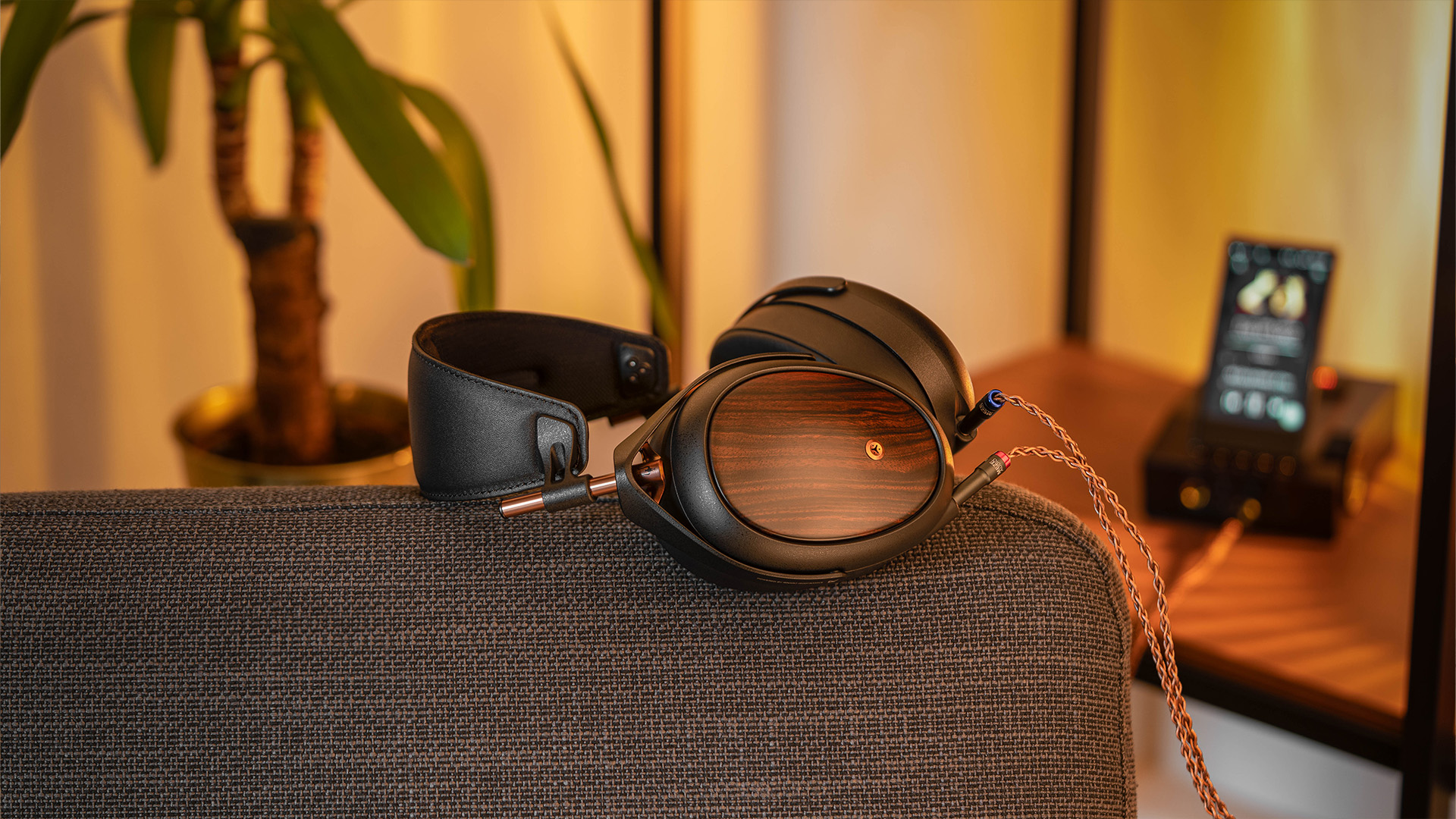

The Liric 2nd Generation make the sort of sound that never gets old. As long as you can afford them, and as long as you have the sort of head that won't get swamped by them, they absolutely demand your attention. These are sublime wired headphones.
-
+
Open, revealing and completely convincing sound
-
+
Convincing standard of build and finish
-
+
Remarkable powers of organisation
-
-
Quite big for the smaller-headed and relatively heavy for everyone
-
-
Travel case will eat into your hand-luggage allowance
-
-
Not getting any more affordable
Why you can trust T3

Romania's Meze Audio doesn't rush into things, but neither does it sit on its hands. So while the original Liric over-ears scored the full 5-star treatment back in May of 2022, the company nevertheless decided there was room for improvement.
And so the Liric has become (hey!) the Liric 2nd Generation, here on review. The broad concept is the same – ultimately to be a pair of the best wired headphones –but there have been refinements and rethinks.
But the world of high-end closed-back over-ear headphones doesn't stand still – so does the latest Liric have what it takes to continue to compete? Spoiler alert: yes, these headphones are both big and clever.
Meze Audio Liric (2nd Gen): Price & Availability
The Meze Audio Liric 2nd Generation is on sale now, and in the United Kingdom are priced at £1850. They sell for $1999 in the United States, while in Australia they go for AU$3549.
When you consider the original Liric launched at £1799 ($1999 / AU$3399), Meze Audio is to be congratulated for keeping the price rise to a minimum – especially given what's become of the global economy in the last couple of years.
Meze Audio Liric 2 review: Features & What's New?
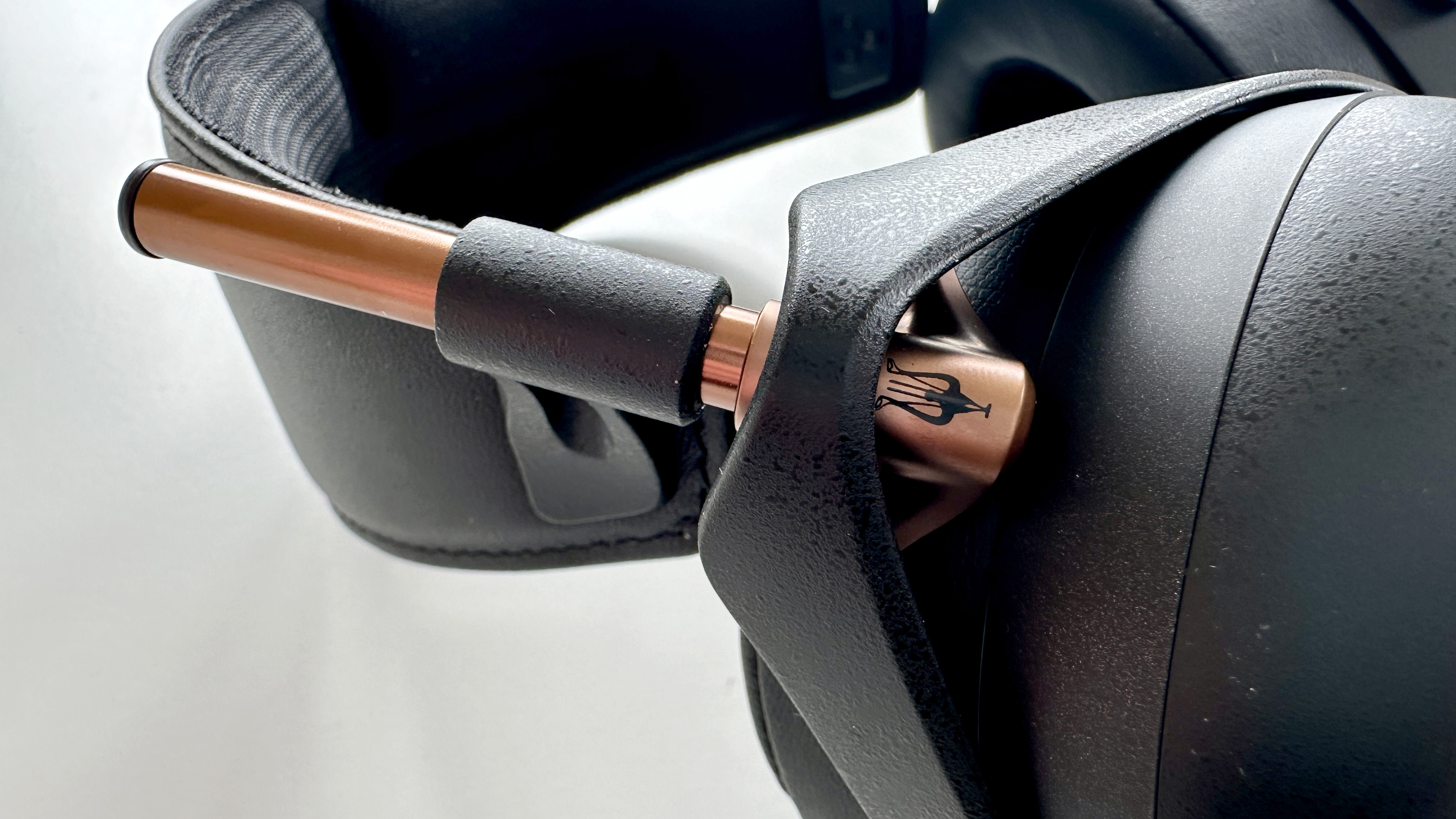
As with the original Liric, this 2nd Generation uses an MZ4 Isodynamic Hybrid Array planar magnetic driver to deliver sound. As with the original, it's a 63mm x 92mm ovoid design, and the diaphragm has an active area of over 3500mm², yet weighs just 0.08g.
This diaphragm is stamped with a dual-coil arrangement – a spiral coil towards the bottom that handles the midrange and above, and a 'switchback' coil higher up which looks after the low-end stuff.
Get all the latest news, reviews, deals and buying guides on gorgeous tech, home and active products from the T3 experts
The spiral section fires pretty much directly at your ear canal, and is positioned in order to overcome the issues that can arise if a soundwave is shorter than the physical depth of an earpad – and the Liric 2nd Generation features quite generous padding, so it's probably for the best.
A new and carefully designed metal plate that covers some of the openings in the driver frame (Meze Audio calls it a 'Quarter Wavelength Resonator Mask') is deployed to attenuate high-frequency peaks in a drive for a smoother and less fatiguing listening experience.
This driver layout is good, according to Meze Audio, for a frequency response of 4Hz-92kHz. Which, if it's anything like accurate, equates to ocean-dredging depth and dog-whistle-and-above highs. Which, in turn, really ought to be plenty.
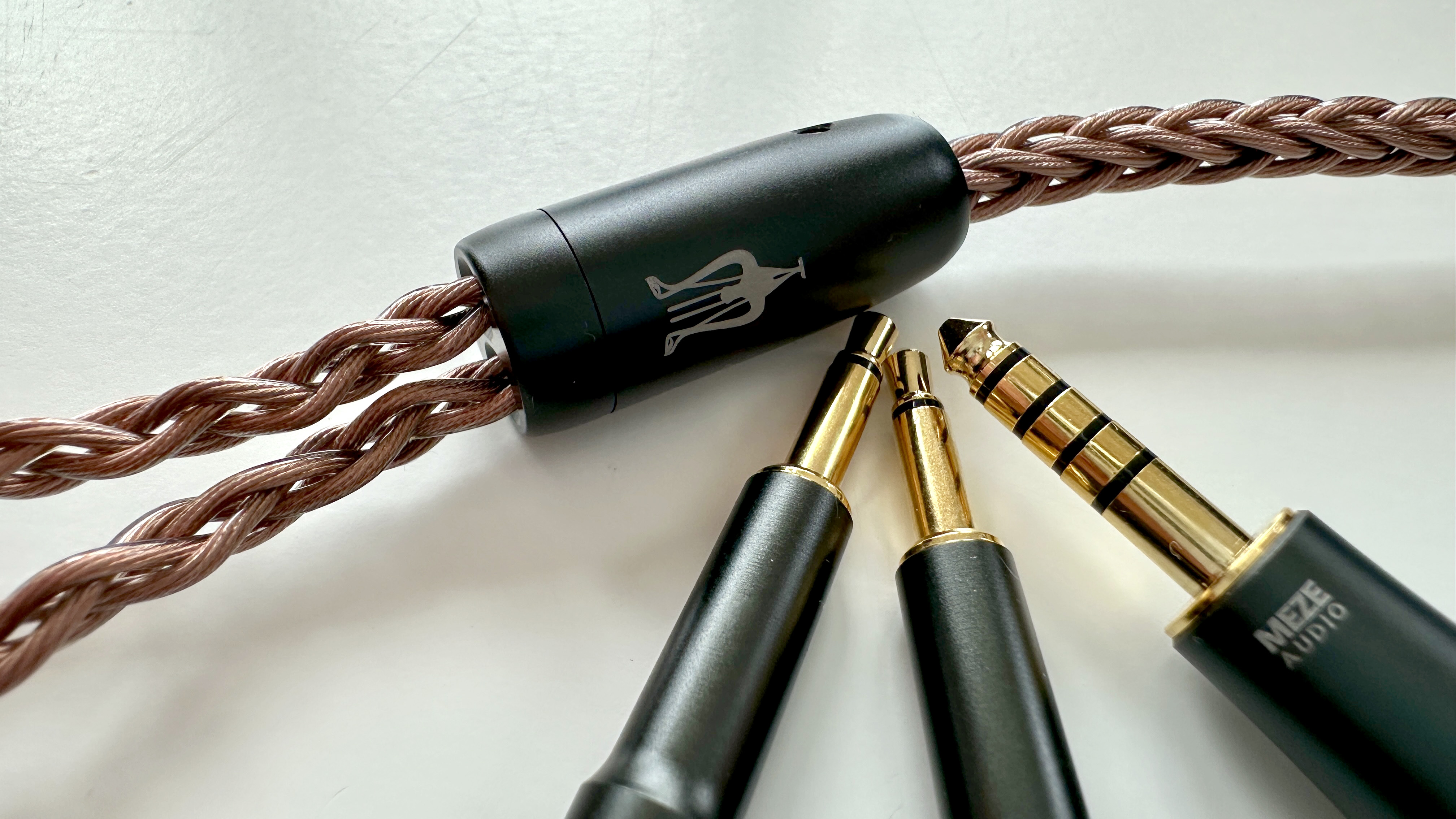
The Liric 2nd Generation are wired headphones, of course, and Meze Audio provides a couple of cables in the frankly massive EVA travel case. One's a 1.3m braided Furukawa PCUHD copper cable that terminates in a 4.4mm balanced jack, and the other is a 3m length of soft TPE with a 3.5mm unbalanced termination. Each cable splits at the headphone end, as each earcup must be wired, and terminates in a couple of 'click-to-fit' 3.5mm jacks.
Meze Audio Liric 2nd Generation review: Performance
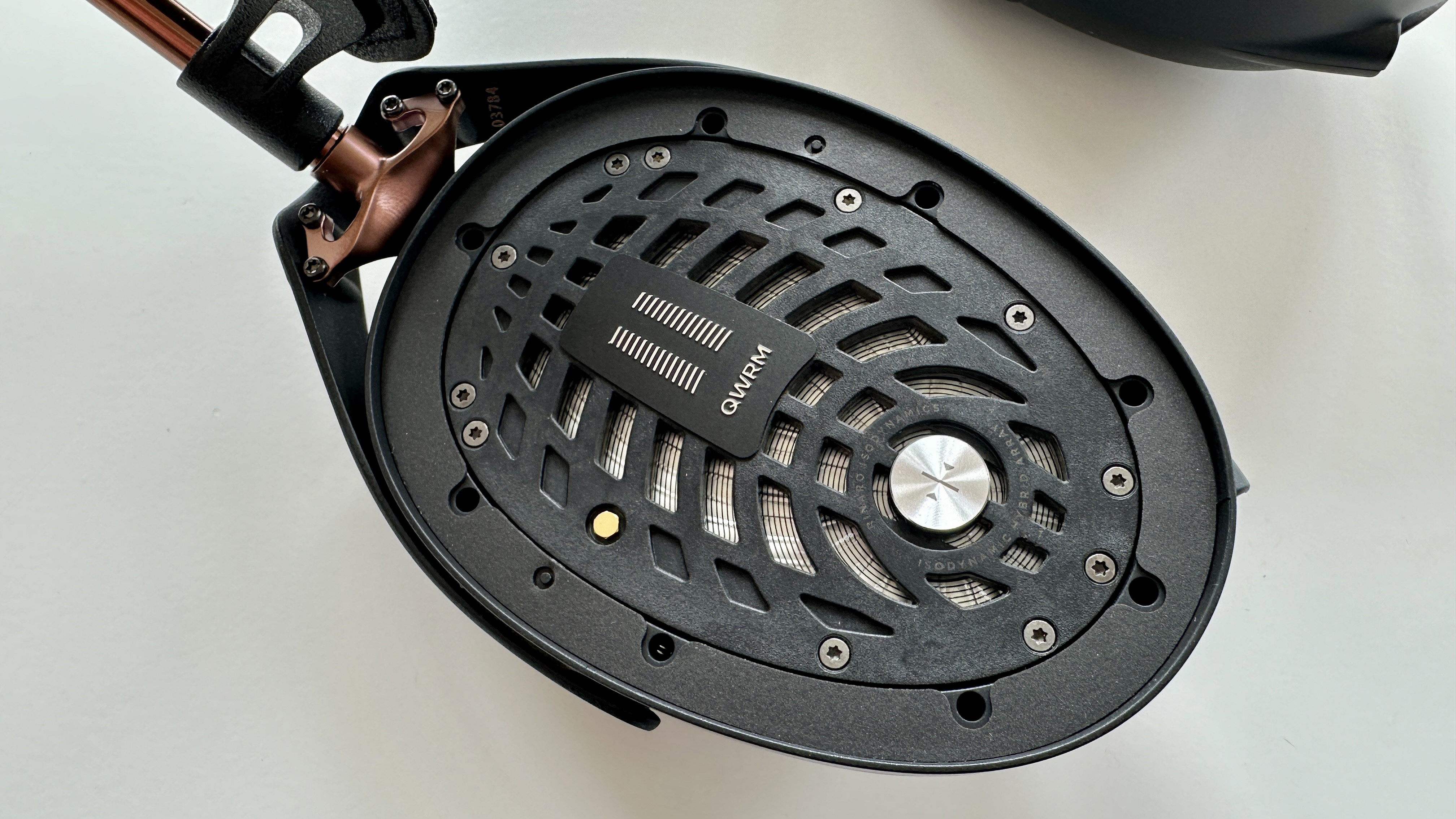
With the Meze Audio attached via their 4.4mm-terminated cable to a high-end digital audio player loaded with some very high-resolution content, I feel like I'm doing the right thing by the Liric 2nd Generation. And it seems safe to say the headphones appreciate the effort – the sound they deliver is uncomplicatedly inspiring to listen to.
There doesn't seem to be any aspect of music reproduction of which the Meze Audio don't have complete command. The tonality, for example, is beautifully judged – it's just a touch on the 'warm' side of neutral, but that really only serves to make music sound natural and organic – and it doesn't impact negatively on the sort of electronic music that tries to sound as inorganic as possible. And while the claims for a 4Hz-92kHz frequency response are, sure enough, on the optimistic side, there's no denying that the Meze Audio reach an awfully long way at both ends of the frequency range.
And at every stage of the frequency range, the headphones dish the details with the enthusiasm of an office gossip. Even the most transient, fleeting and minor occurrences in a recording are picked up and put into the proper context – and where the broad strokes of texture and timbre are concerned, the Liric 2nd Generation is completely convincing. These headphones knit together the frequency range confidently, and create a proper sense of unity and togetherness even to sample-and-splice recordings that were never a 'performance' in the first place.
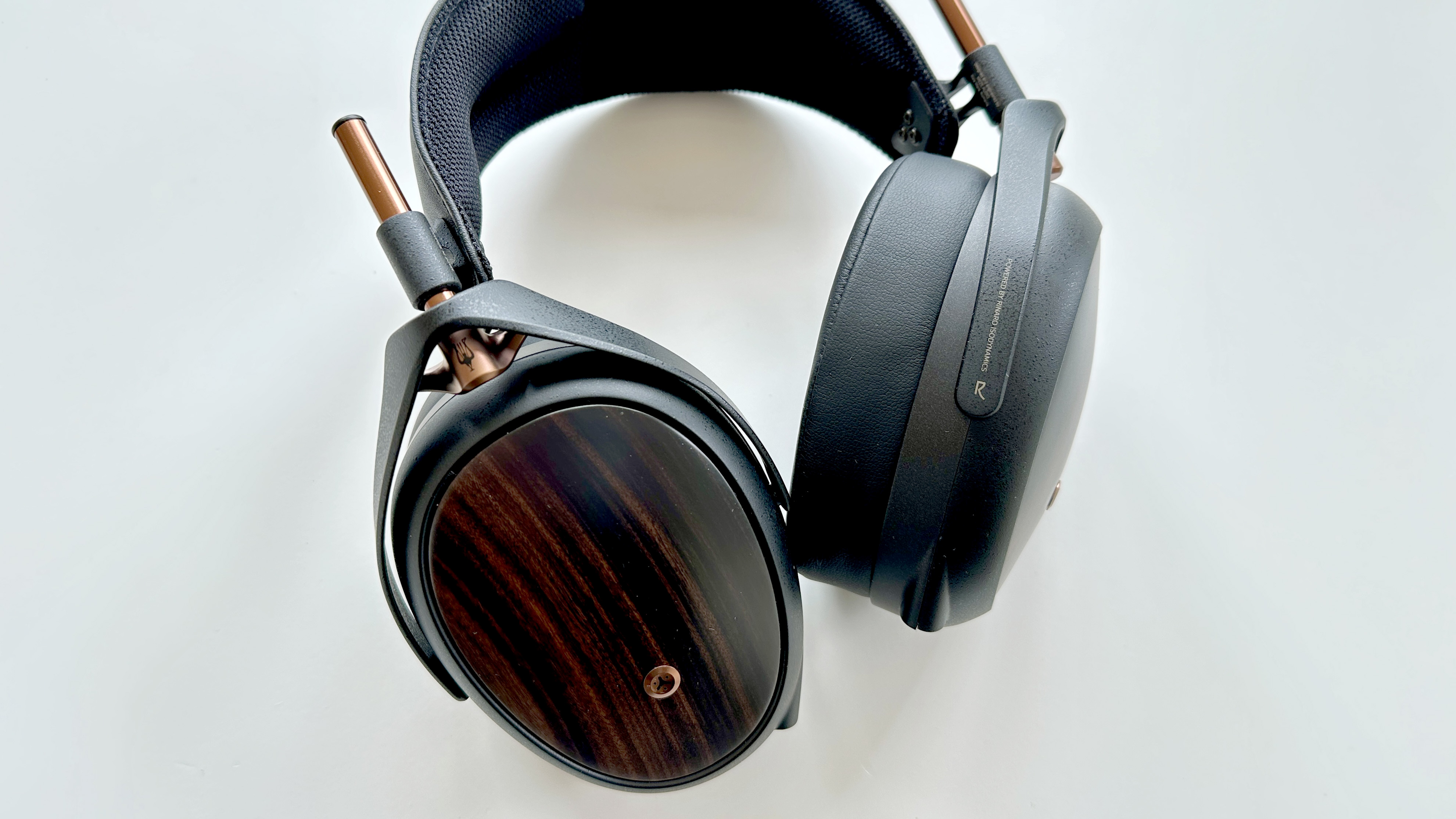
There's depth and weight to low frequencies, but at the same time the sort of straight-edged control and momentum that can, on first acquaintance, perhaps make them sound fractionally lightweight. In fact, the speed and adroit nature of the bottom end underpins the rest of the frequency range nicely, and ensures the Meze Audio express rhythms with real positivity too.
The soundstage the Liric 2nd Generation create is big, well-defined and puts the required distance between each element of a recording – even if it features an entire symphony orchestra, there's always room for each individual strand to do its thing without getting crowded out. The headphones are able to handle big dynamic shifts without alarms, putting significant distance between 'quiet' and 'loud' even if you're listening at quite a high volume to begin with. And make no mistake, the Meze Audio can handle quite high volumes without altering their stance or character in the slightest.
I can believe that some listeners may prefer a more overtly up-and-at-'em attitude than the Liric 2nd Generation have – they're in no way dispassionate, but neither are they about to ramp up the sonic excitement without good reason. But in every other respect, they're a thrilling complete and endlessly rewarding listen.
Meze Audio Liric 2 review: Design & Usability
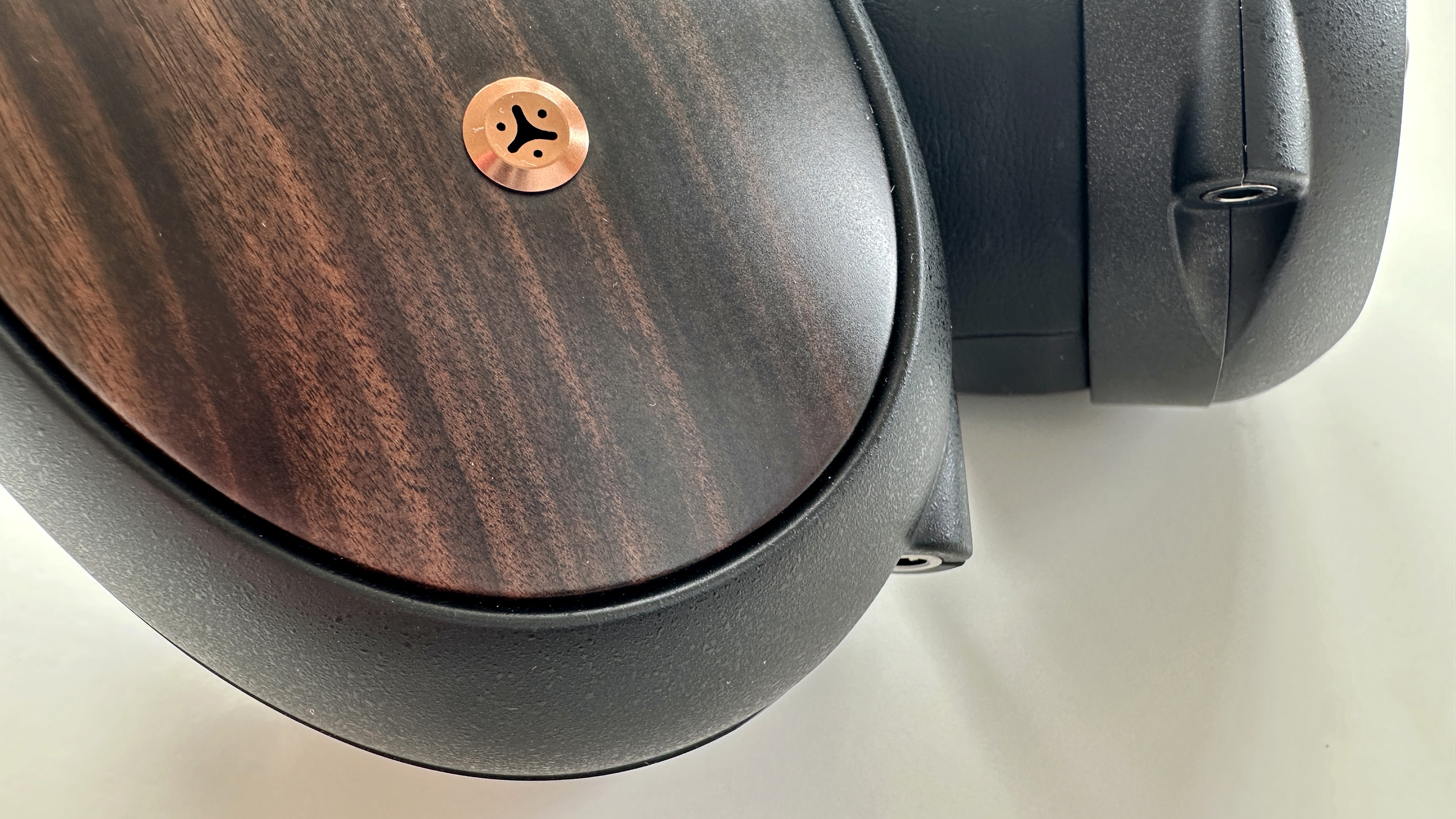
In broad terms, very little has changed when you compare the design of the Liric 2nd Generation to the model it replaces. There are limits to how radical the design of a product like this can be, after all – and having established something of a design vocabulary of its own, Meze Audio isn't about to tear it up and start again.
That said, though, the updates here will be obvious enough to anyone familiar with the design of the original Liric. Most obviously, the covering of the closed-back earcups is no longer leather but a striped ebony wood that manages to look quite distinctive and complement the copper-coloured metal accents of the design at the same time. The look and feel is somehow even more expensive than that of leather, and obviously durability is unlikely to be an issue.
Otherwise, it's Meze Audio design business as usual. The earpads are, as mentioned, generously padded – and they connect magnetically, so can be easily renewed or replaced. The inside of the headband is rather less generously padded and is covered in breathable fabric. The headband itself adjusts using a straightforward exposed friction-pole mechanism that attaches to each earcup via a hinged aluminium yoke. The standard of build and finish is impeccable (which is just as it should be when you remember how much Meze Audio is charging), even if a friction-pole is hardly the last word in sophistication.
As far as 'usability' is concerned, well, there's not much that can go wrong here. The Liric 2nd Generation operates like any other over-ear headphones – at 427g (without cables) they're far from the lightest design out there, but thanks to the carefully judged hanger arrangement they don't feel like all that much of a burden. Not for the first few hours, anyway…
Meze Audio Liric 2nd Gen review: Verdict
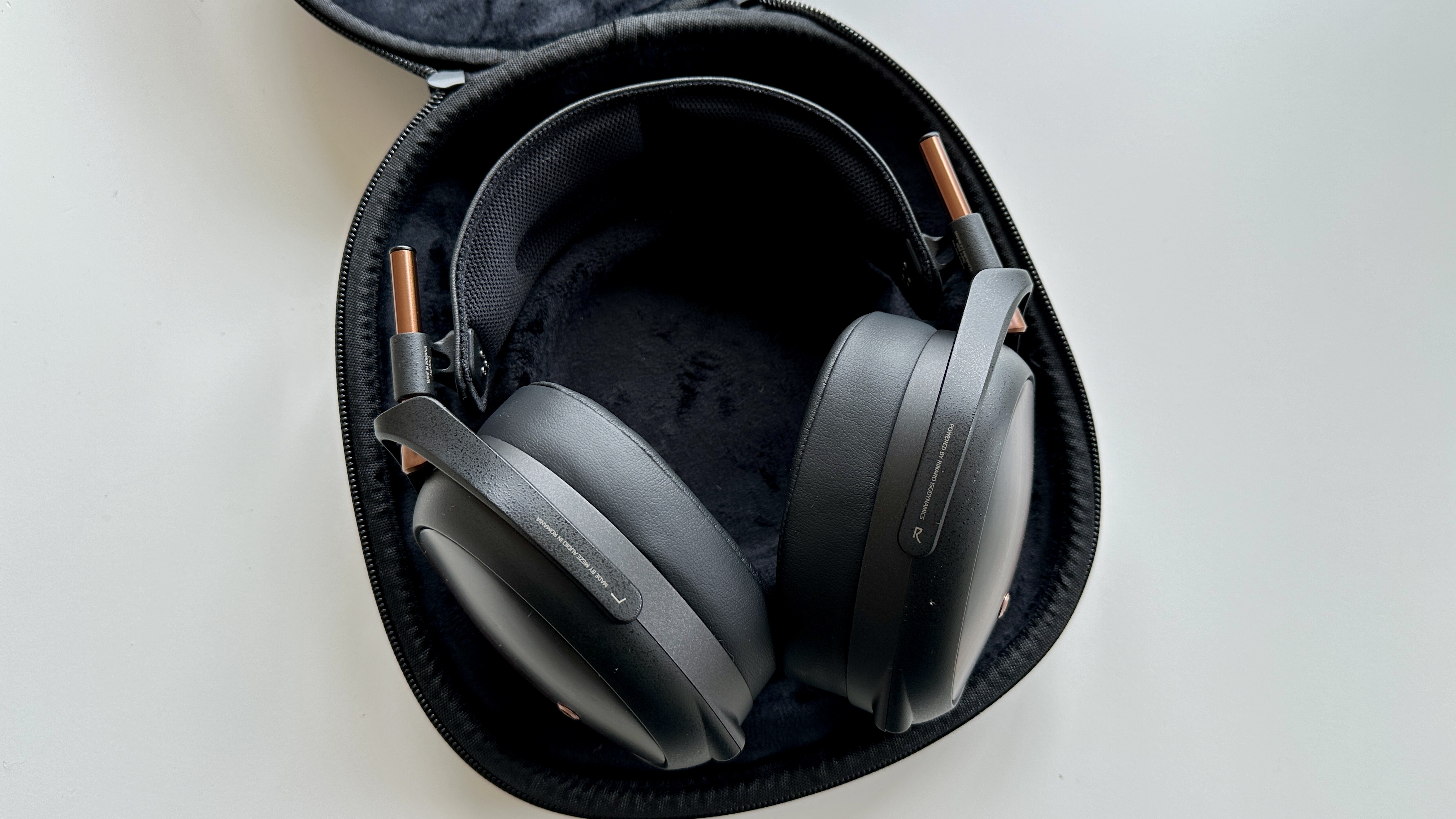
Any objections you may have to these Meze Audio charmers will not concern the sound they make. Yes, they're expensive and yes, they're quite big – but once you hear them all will be forgiven.
That's because the Liric 2nd Generation simply make the sort of sound that never gets old. So as long as these luxury wired cans are within your price bracket then they absolutely demand your attention.
Also consider
The Grado GS3000x Statement cost very similar money, use about as much wood in their construction, and occupy about as much head-space as the Meze Audio Liric 2nd Generation – and they're great-sounding headphones, too. But the open-backed configuration means they're nothing like as appropriate for public spaces.
Simon Lucas is a freelance technology journalist and consultant, with particular emphasis on the audio/video aspects of home entertainment. Before embracing the carefree life of the freelancer, he was editor of What Hi-Fi? magazine and website – since then, he's written for titles such as Wired, Metro, the Guardian and Stuff, among many others. Should he find himself with a spare moment, Simon likes nothing more than publishing and then quickly deleting tweets about the state of the nation (in general), the state of Aston Villa (in particular) and the state of his partner's cat.
You must confirm your public display name before commenting
Please logout and then login again, you will then be prompted to enter your display name.
